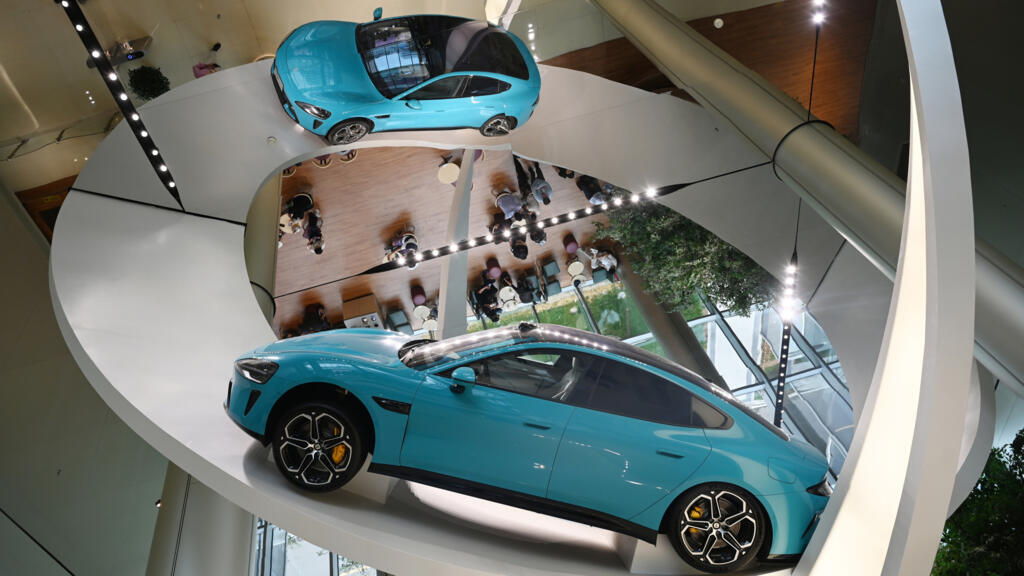On Monday, over 150 executives from the European electric vehicle (EV) sector, which includes prominent companies such as Volvo Cars and Polestar, issued a strong call to the European Union (EU) to maintain its ambitious target of achieving zero emissions for cars and vans by 2035. These industry leaders expressed their concern that any postponement of this deadline would have significant negative repercussions on Europe’s EV market.
The executives highlighted the risks of delaying the 2035 target, emphasizing that such a move could hinder the growth trajectory of Europe’s electric vehicle market. They argued that maintaining a strong regulatory framework is essential for ensuring competitiveness against international counterparts. A failure to uphold the zero-emission goal could unravel the strides made in the sector and allow rivals in markets outside of Europe to gain an upper hand.
Investor confidence is another critical issue raised by the executives. The letter indicates that any uncertainty regarding the EU's commitment to its environmental goals would likely deter investments in the electric car market. The executives underscored that a stable and predictable regulatory environment is vital for attracting both domestic and foreign investments necessary for innovation and expansion within the sector.
Furthermore, the executives also pointed out that the EU's commitment to a zero-emission goal aligns with broader global efforts to combat climate change. The shift to electric vehicles is seen as integral not just to meeting environmental targets, but also to fostering sustainable economic growth within the region. The EU's leadership in this area is pivotal; a postponement could send mixed signals about its dedication to fighting climate change.
As various countries work towards transitioning their automotive industries to electric power, maintaining a firm stance on the 2035 target could position European manufacturers as leaders in a rapidly evolving market. The executives argued that innovation in technology and infrastructure will suffer if the 2035 target is put on hold, further affecting the overall momentum of the transition to electric vehicles.
In summary, the collective voice of over 150 executives reflects a critical moment for the European electric vehicle industry. Their call to action implores the EU to reaffirm its commitment to the 2035 zero-emission target, not only for the sake of ecological progress but also for economic viability and competitive integrity in the global automotive landscape.












